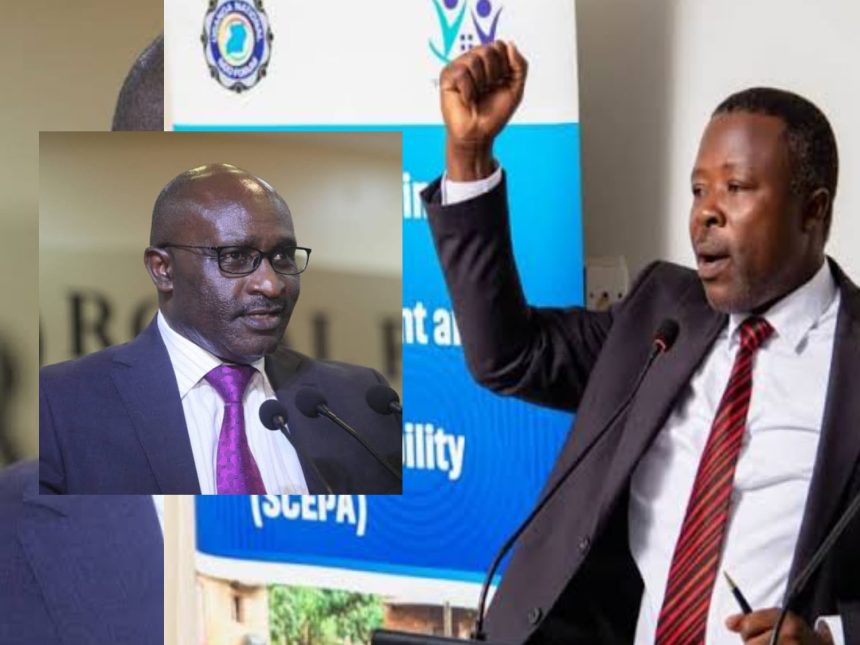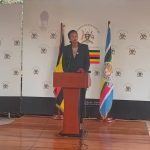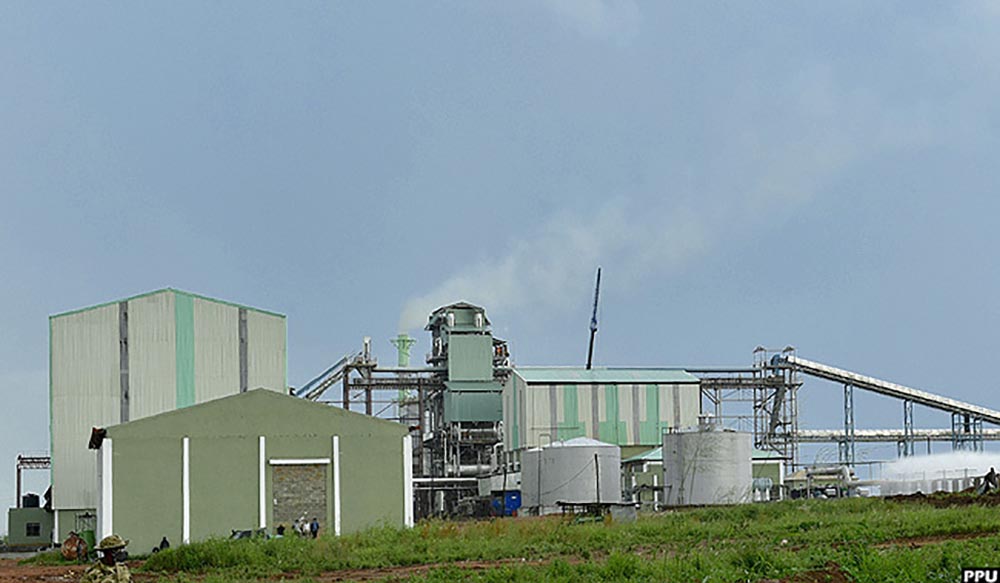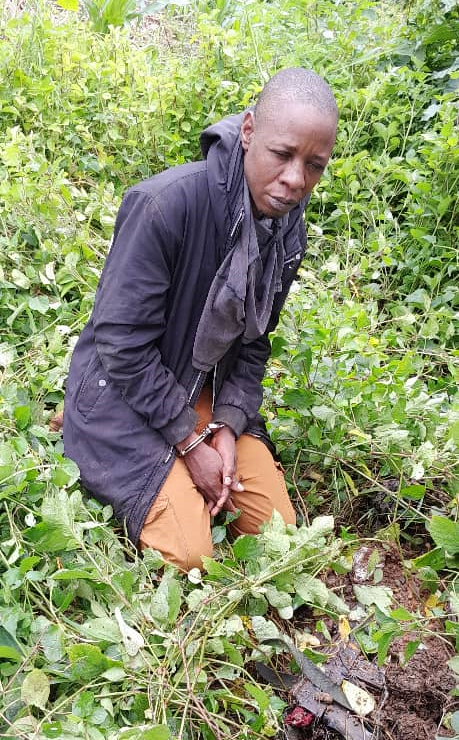Mbale, Uganda – The Bugisu Cultural Institution has issued a firm rebuttal to recent public statements made by Hon. Simon Mulongo and Engineer Patrick Sakwa, both former Constituent Assembly delegates, over the legitimacy and identity of the institution and its leadership.
In a detailed response, Mr. Steven Masiga, Spokesperson for the Bugisu Cultural Institution, accused the two political figures of revisiting old, settled arguments in an apparent attempt to revive their political profiles. “They are now using the Bukuka platform to launch a political comeback,” Masiga said.
1. The Name “Bugisu” is Constitutionally Recognized
Addressing claims that “Bugisu” is a colonial misnomer and should be replaced with “Bamasaaba,” Mr. Masiga pointed out that both the pre-independence and current 1995 Constitution of Uganda legally recognize “Bagisu” as one of the indigenous communities of the country.
“The Third Schedule to the Constitution clearly lists Bagisu. Until amended by Parliament, the name ‘Bugisu’ carries full constitutional force,” Masiga stated. He further challenged Hon. Mulongo’s inconsistency by referencing the popular radio song titled Bagisu Balinga Wawe – asking how Mulongo reconciles the use of that term with his current assertions.
2. Umukuuka Recognition was Legal and Procedural
Masiga defended the recognition of Umukuuka Sir Jude Mike Mudoma, stating that the April 2025 statutory notice issued by the Minister of Gender was “lawful, constitutional, and procedurally valid.”
Citing Article 246(1) of the Constitution and Section 6 of the Institution of Traditional or Cultural Leaders Act, 2011, he emphasized that the cultural community had followed due process in selecting and presenting Umukuuka for gazettement.
“There is no legal requirement for an elective or rotational Umukuuka unless determined by the customs of the community,” he noted.
3. Allegations Against the Minister are Baseless
Responding to Mulongo’s claim that the Minister exceeded her authority, Masiga stressed that Section 3(1) of the 2011 Act clearly empowers the Minister to recognize a cultural leader once the community has expressed its will. “The Minister acted within the confines of the law, following resolutions from all 26 clans of Bugisu,” he affirmed.
4. Babukusu Identity is Not a Barrier
Masiga dismissed Hon. Mulongo’s argument that the Babukusu community should be separate from Bugisu cultural identity. He cited Article 37 of the Constitution, which grants every individual the right to belong to and participate in any cultural institution of their choice.
“Babukusu who identify with Bugisu do so constitutionally. Attempts to exclude them are both divisive and unconstitutional,” he said.
5. Court Already Rejected Engineer Sakwa’s Claims
Masiga was also critical of Engineer Sakwa’s repeated legal arguments, stating that “many of the arguments being raised were already rejected by the courts of law, which found no merit in them. That is why he is recycling them here.”
6. Call for Unity and Respect for the Constitution
The spokesperson reiterated the institution’s commitment to cultural preservation and national unity, calling out Hon. Mulongo’s statements as “divisive and contrary to the spirit of the law.”
“Section 5 of the 2011 Act mandates cultural leaders to promote unity, peace, and reconciliation. That is exactly what Umukuuka Mudoma has been doing through cultural programs, youth empowerment, and social initiatives,” Masiga said.
The Bugisu Cultural Institution, through its spokesperson Mr. Steven Masiga, firmly maintains that:
-
The name “Bugisu” is legally recognized under the Constitution.
-
Umukuuka Sir Jude Mike Mudoma was lawfully gazetted.
-
The Minister acted within her mandate.
-
The courts have already addressed similar concerns raised by Sakwa.
-
Political actors should not use culture as a tool for personal resurgence.
“The Umukuuka wa Bugisu stands on firm legal ground,” Masiga concluded. “The focus now must be on unity, cultural preservation, and moving forward—not on disruptive misrepresentations.




















